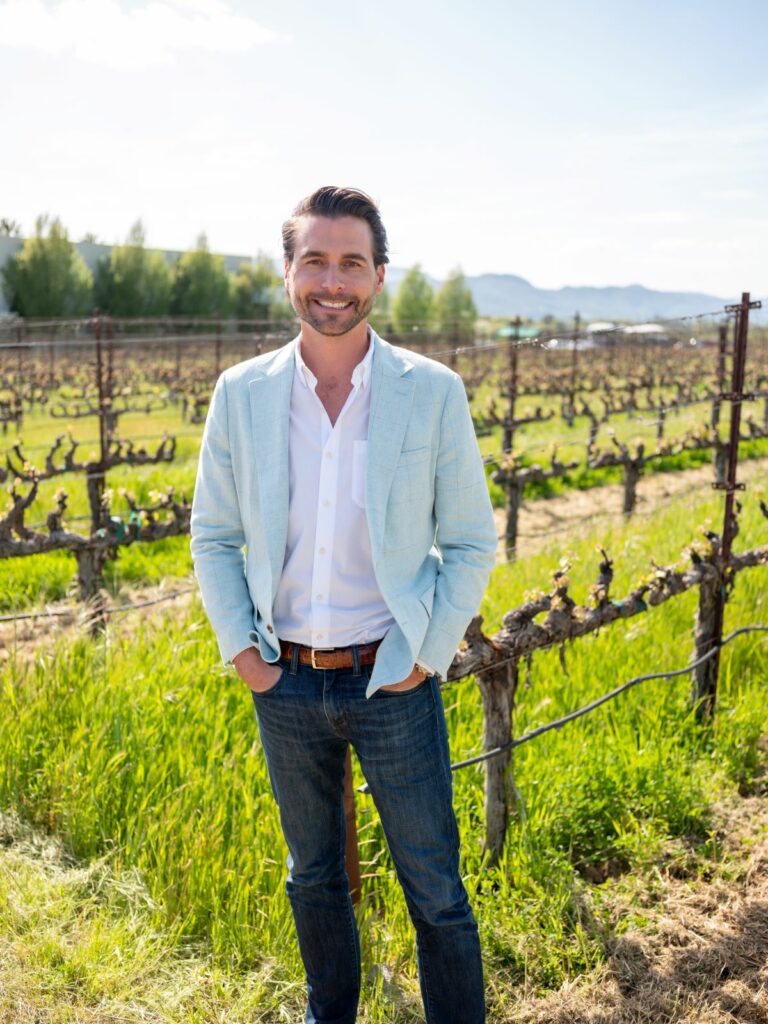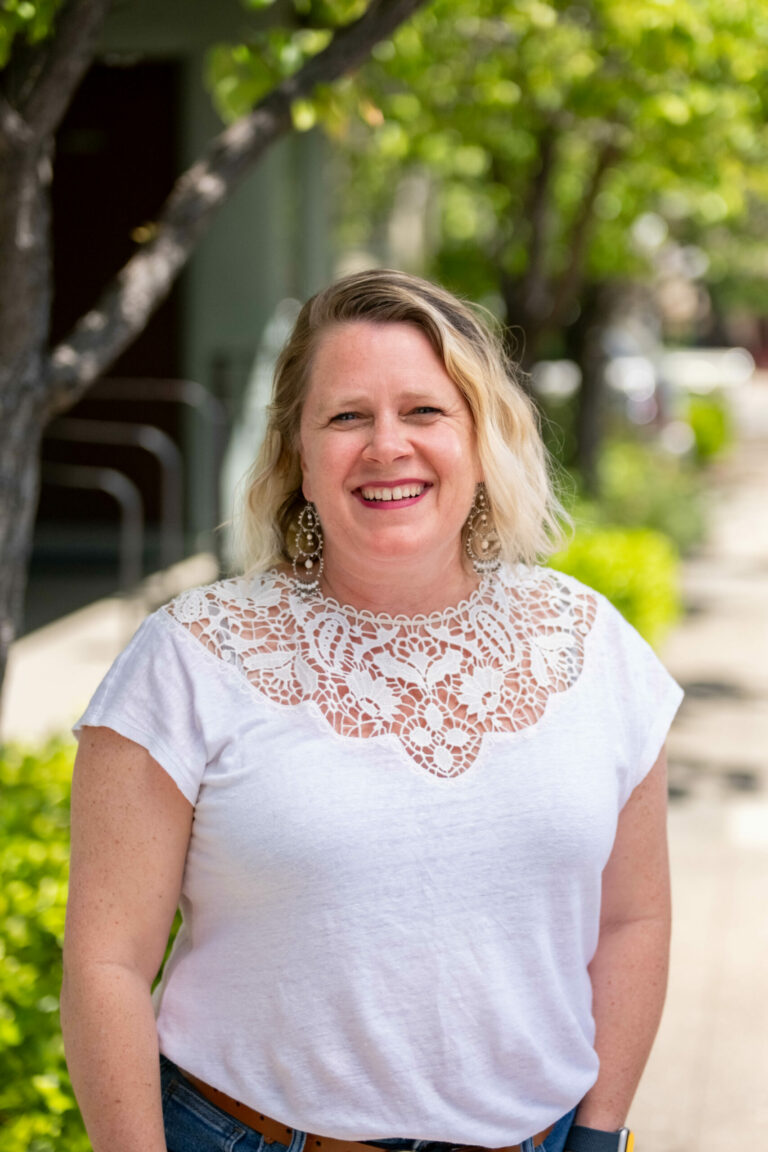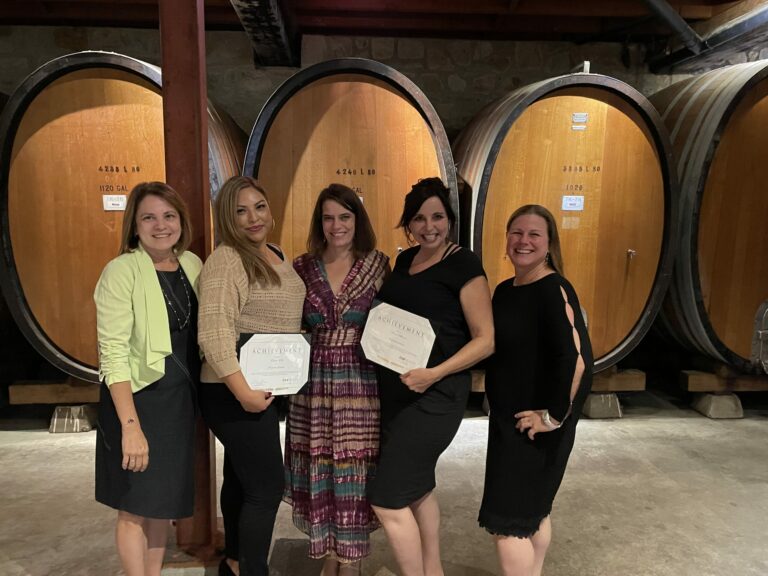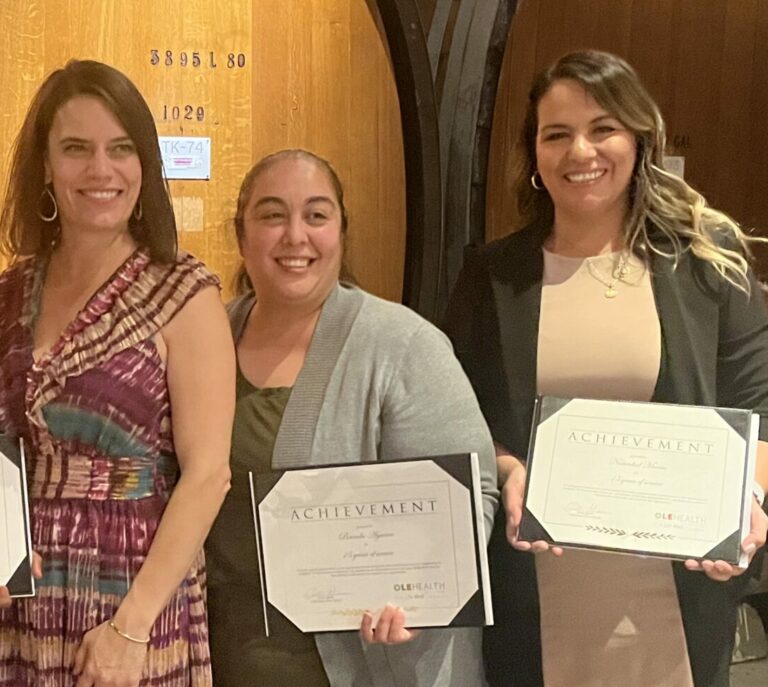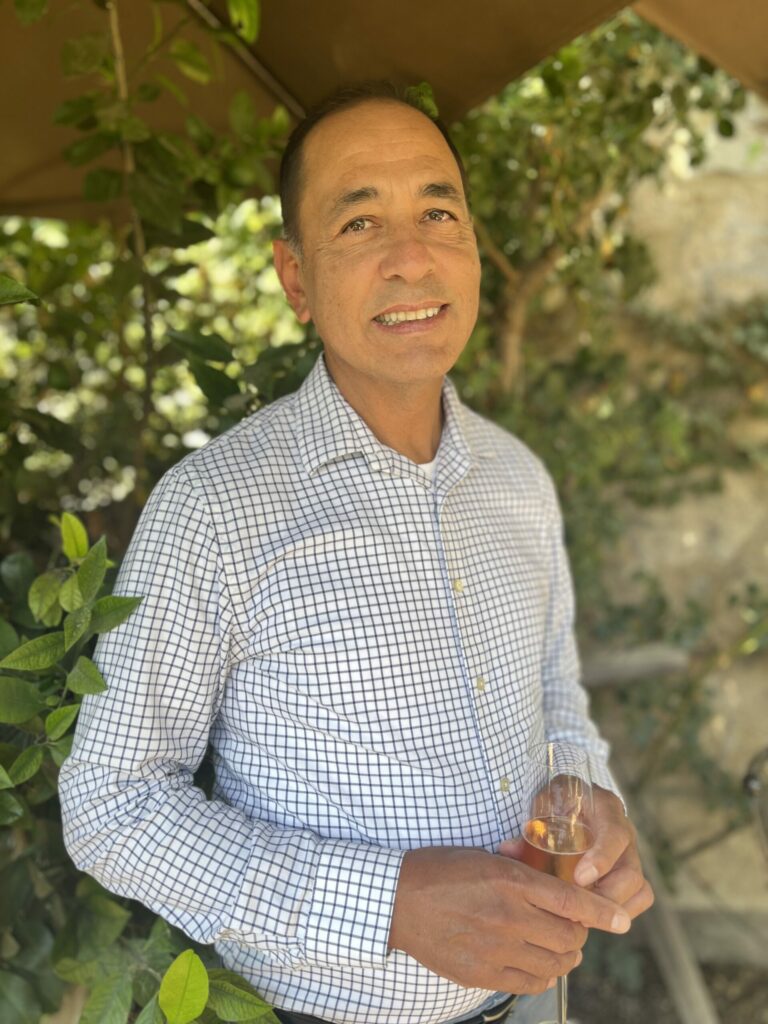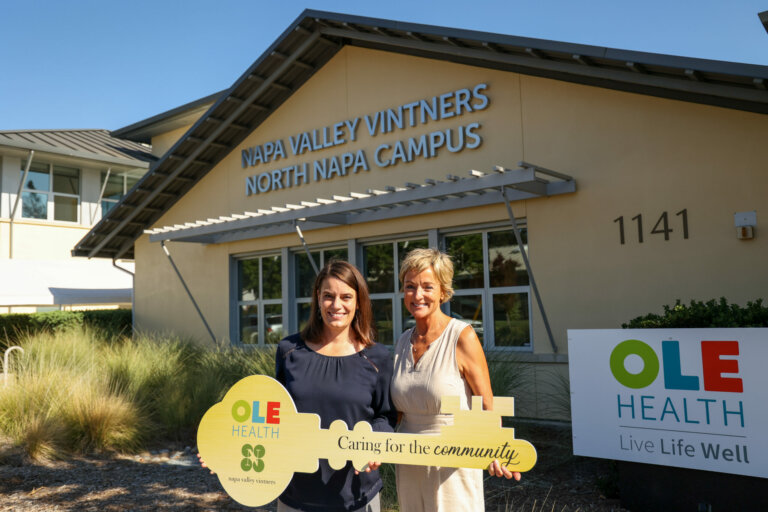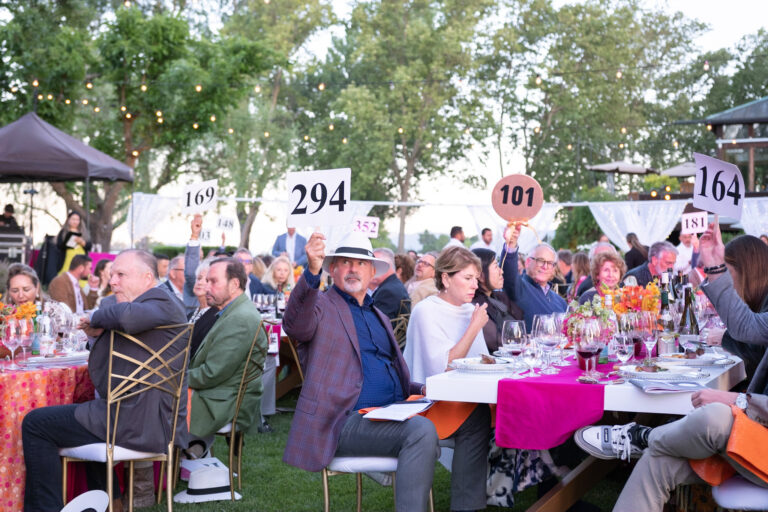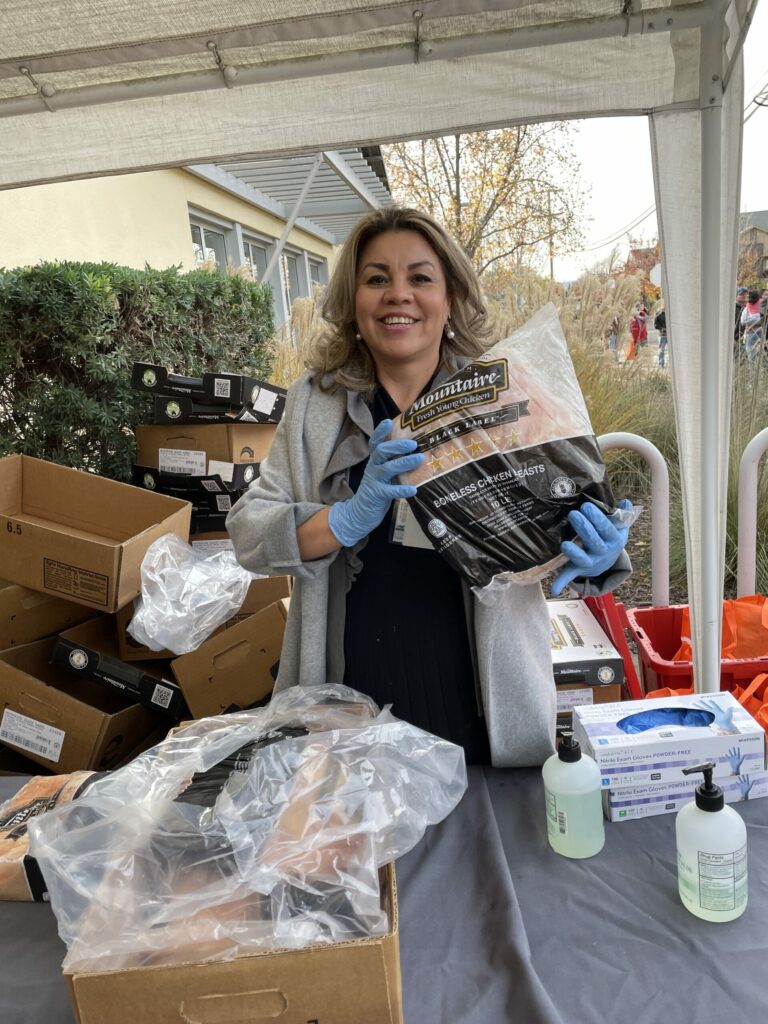Dr. Erika Roshanravan took her first steps toward a career in medicine in the shadow of the Bernese Alps in Berne Switzerland. Initially she was interested in a career in pediatrics. That changed when she came to the United States to finish her studies and was introduced to Family Medicine. As she said, “I knew I had met my dream and my people.”
She completed her residency at the University of Washington and spent six years at a health center near Seattle. When her husband received an amazing professional opportunity at UC Davis, the family was on the move. She wanted to continue to work with underserved communities, and, while exploring the Davis area and looking for a position that fulfilled that passion, she repeatedly heard that she should consider a job with CommuniCare+OLE. Lucky for us she did, and in 2018 she started working at the CommuniCare+OLE Hansen Clinic in Woodland and in 2022 became the Medical Director of the CommuniCare+OLE Davis Community Clinic.
Dr. Roshanravan has a passion for our model of whole-person care. She has become a champion for Trauma Informed Resilience Oriented Healing (TIROH) and Adverse Childhood Experiences (ACEs). We talked to her about her background and how she is working to educate her colleagues, peers, and the larger community about the importance of creating a supportive environment that addresses past events and fosters a safe space for healing.
Tell us about the patients you see in Davis and the difficulties they face.
We see a very diverse population, including many farm workers. Most of our patients are on MediCal. Since Davis is a college town, we also see quite a few students and professors and their families from across the world.
Our families have many challenges. Chronic stress caused by housing insecurity, food insecurity, separation from loved ones abroad often without the ability to visit, and many other financial and social stressors set up enormous health disparities from childhood on. That is where Adverse Childhood Events (ACEs), toxic stress, and social determinants of health come in.
What are Adverse Childhood Events (ACEs) and how does it affect us?
Adverse Childhood Events, or ACEs, are a list of ten areas of childhood adversities that were studied in the 1990s at Kaiser and found, at a population level, to strongly increase the risk for chronic physical and mental illness in adults. This is because trauma causes toxic stress that impacts our bodies in a variety of ways, particularly when that happens in the developing bodies and brains of children. These are things such as neglect, not feeling loved, witnessing or experiencing physical or verbal violence in the home, and living with someone with mental illness or someone who has to go to jail or prison.
The good news is that the toxic stress, ACEs, and trauma can be reduced by the presence of trusted adults and other protective factors. We call that resilience. That is why we now often talk about “PACEs” instead of “ACEs”, which stands for “Positive and Adverse Childhood Experiences.” It is important to understand that Adverse Childhood Experiences are never a diagnosis, never a destiny, and it is never too late to get help.
What tools do you have to help patients that have experienced trauma?
Being trauma-informed means realizing how common trauma and toxic stress are and recognizing the signs of trauma and stress in others. It is a
fundamental shift from “What’s wrong with you?” to “What happened to you?” Trauma Informed Resilience Oriented Healing (TIROH )also includes the focus on resilience, which are protective factors that can buffer the effect of
adversity and thus cause less toxic stress and have less effect on health. The
most important one we know about is a relationship with a reliable, trustworthy adult. In addition to “what happened to you” we may also ask “what is strong with you?”
It is important to note that TIROH does not only apply to our patients, but also to the ways we interact with each other. While we can – and have and will – provide training, talking points, and activities to increase familiarity with the issues, what we really are talking about is organizational culture change. The need to take care of each other – “collective care” instead of “self-care,” giving each other the benefit of the doubt, and supporting each other in meaningful ways so we can be our best selves to care for our patients.
Tell us about the most recent training you provided?
It was led by Larry Mauksch who has been one of mentors since my residency
at the University of Washington. The reality is that our jobs can be nearly
impossible, caring for complex patient needs with extreme time and access
constraints in a broken healthcare system. However, Larry spent his entire
career studying how it can be done better, under these less-than-ideal
circumstances, to both assure our patients feel heard and cared for and to keep us on track with time. The keys are some very straight forward communication tools AND teamwork. He always trains all members of healthcare teams together, front desk staff, medical assistants, care coordinators, providers – anyone who sees patients – because our strength is in our seamless collaboration, in all of us pulling in the same direction and working at the top of our licenses. It takes a lot of trials and repeated trainings to truly implement it as a culture change.
While these tools cannot fix everything. I see it as merely one piece contributing to addressing the “problem onion” of trauma-informed care and staff well-being. The issues need to be addressed at every level, at every layer of the onion, from our interactions with patients and each other at the clinics, to the organizational level, to the healthcare system, and society at large.

